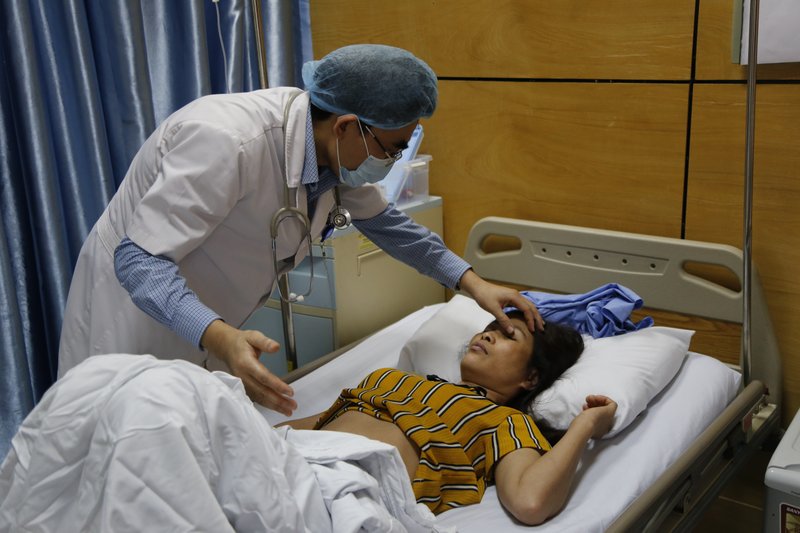
Roughly half of the world’s population is at risk of contracting dengue fever – which is transmitted by mosquitoes – said the World Health Organizations‘ (WHO) Head of the Global Program on control of Neglected Tropical Diseases, Raman Velayudhan.
Velayudhan explained in a press conference on Friday that about 100 to 400 million people are infected every year with dengue fever.
The US reported 2.8 million cases and 1,280 deaths in 2022 from the disease, he said, noting that this increasing trend continues for 2023 where nearly three million cases have already been reported.
He added that the spread of cases in South America (Bolivia, Paraguay and Peru) is also a growing concern.
In total, Velayudhan said that nearly three million cases of dengue fever were reported in the Americas between the first epidemic week to the beginning of July, with 1,302 deaths.
It was relatively early to get reports from Asia as it typically accounts for about 70 percent of the global disease burden, he said, adding that the trends were worrying.
According to the World Health Organization, dengue fever is a viral infection that is transmitted to humans bitten by infected mosquitoes.
According to WHO statistics, nearly half of the world’s population is at risk of contracting dengue fever, with an estimated 100 to 400 million infections annually.
Most people infected with dengue display mild symptoms or no symptoms at all.
People with fever may improve within one or two weeks. In rare cases, dengue fever can be severe and cause death.
The WHO estimates that symptoms begin four to ten days after infection and last between two and seven days.




